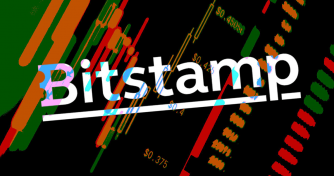Luxembourg’s New Bill Affords Blockchain Transactions the Same Protections as Traditional Ones
Cover art/illustration via CryptoSlate. Image includes combined content which may include AI-generated content.
Luxembourg lawmakers passed a new blockchain bill into law, giving transactions completed via distributed ledger the same legal status as those done via traditional means.
Luxembourg is one of the more forward-thinking in terms of blockchain adoption. Now, the country has taken a significant step in providing financial market participants with more transparency and legal certainty regarding the circulation of securities with blockchain technology.
Passed Feb. 14th, the critical takeaway for bill 7363 is that transactions completed with blockchain technology now have the same legal status and protection as those done through traditional means.
The bill passed with overwhelming support, with 58 out of 60 members in favor of the bill.
The small European country is one of several micro-nations that are at the forefront of blockchain adoption and regulation, with others including Malta, Bermuda, and Switzerland. All of these countries are exploring favorable blockchain frameworks.
Another development in the micro-nation: VNX Exchange and the University of Luxembourg partnered in November of last year, with the intent of improving digital asset security. The announcement came off the heels of Luxembourg’s financial regulator’s, Commission de Surveillance du Secteur Financier (CSSF), warnings against investment in cryptocurrencies and ICOs in March of last year.
In aggregate, it appears that Luxembourg is embracing, rather than stifling cryptocurrency and blockchain adoption within its borders, perhaps paving the way for larger countries.



 CoinGlass
CoinGlass 































































































